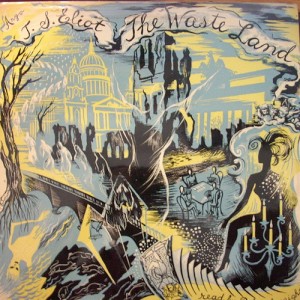From One Solider To Another
·
I seem to have stumbled across a few readings someone left laying around. Anthem for Doomed Youth is one of the titles I have read. I dabble in writing here and there when I write about my endeavors with Holmes, but this gentleman, Wilfred Owen, writes much more eloquent than I do. His story within this poem hits home for me. I can share his compassion for the men who die on the battlefield. I made it home alive, even after taking a bullet, but unfortunately some of my men were not as lucky. These men who die on the field get no ceremony, just get slayed like cattle, “What passing-bells for these who die as cattle?” Using this imagery gives feeling to how inhumane war really is. I can almost feel the soldiers falling around me by the choice of words Owen uses, such as the word “these” instead of “those” in the opening line. It hurts how relatable this all is. In his second poem here, Dulce et Decorum Est, the men are so mentally and physically weighed down by this war, “Bent double, like old beggars under sacks.” The men spend their days fighting for their lives, and cannot even return to camp without still worrying, and this poem explains just that. The men in this poem experience a gas attack right when they are heading back, and it stays with them for the rest of their lives. I took the bullet to the shoulder and will live with that pain the rest of my life. But as the end of the poem states, “Dulce et decorum est Pro patria mori,” or, “”It is sweet and proper to die for one’s country,” though I would have to say, that is up for debate. The end of this poem also puts an abrupt stop to it because it isn’t like the other lines. It’s abrupt, like death.
